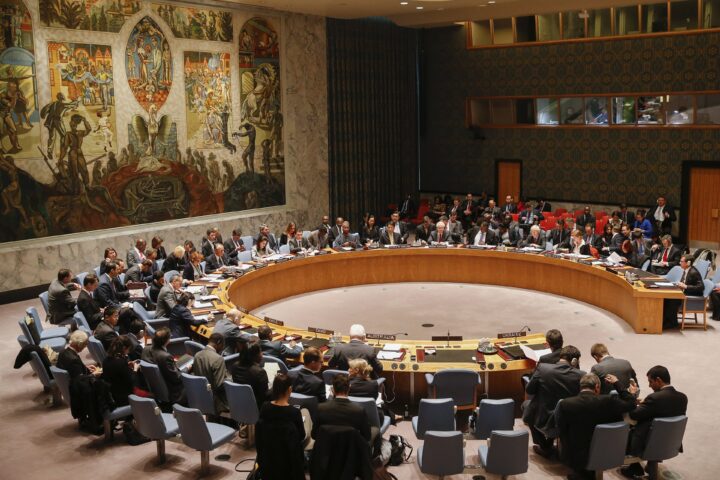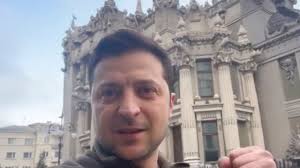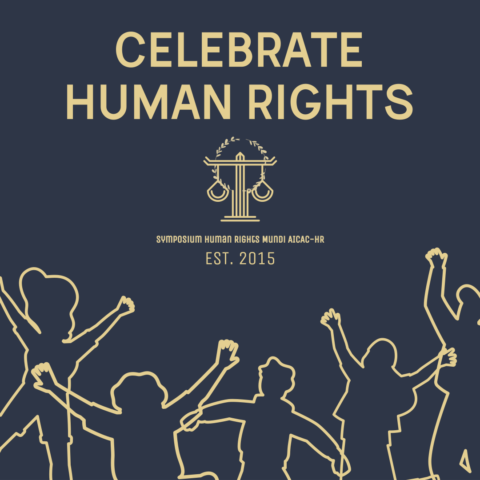To the honorable President of Ukraine Volodymyr Zelenskyy

…………
Dear Sir. I, Dr. Humphrey Humberto Pachecker C., am the president and founder of NAFA LAW, UNPAM University, as well as the AICAC-HR Human Rights Court.
My question to you is the following: Why not ask the six main member nations including the Economic and Financial Committee- one of the six Main Committees of the United Nations “UN” for a line of credit to obtain a long-term loan of six billion dollars to buy warplanes, long-range missiles and other types of heavy weapons?


